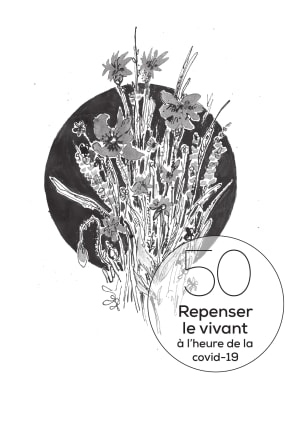
Understanding living beings by analogy with computers or understanding computers as an emanation of the living
Trópos
A new look at theoretical computer sciences by changing perspective with a biological approach.
Abstract
The analogy between living beings and computers was introduced with circumspection by Schrödinger and has been widely propagated since, rarely with a precise technical meaning. Critics of this perspective are numerous. We emphasize that this perspective is mobilized to justify what may be called a regressive reductionism by comparison with physics or the Cartesian method.
Other views on the living are possible, and we focus on an epistemological and theoretical framework where historicity is central, and the regularities susceptible to mathematization are constraints whose existence is fundamentally precarious and historically contingent.
We then propose to reinterpret the computer, no longer as a Turing machine but as constituted by constraints. This move allows us to understand that computation in the sense of Church-Turing is only a part of the theoretical determination of what actually happens in a computer when considering them in their larger theoretical context where historicity is also central.



